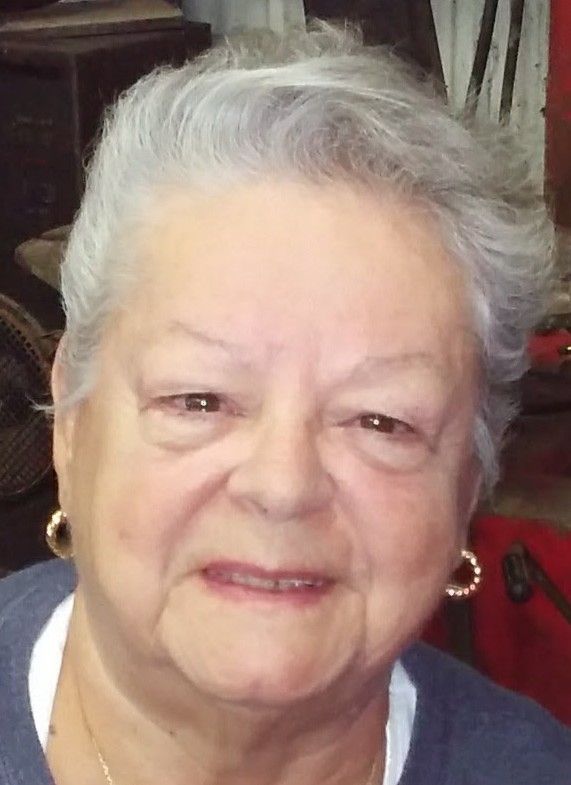Derrick Hollier came home Thursday afternoon to news nobody would want to receive.

His 82-year-old mother, Joan, had fallen in the lobby of their Bedford-area condo building about a half hour before, and was lying on the floor in pain, waiting for an ambulance.
She had hit her head and shoulder on a radiator and was unable to get up or be moved.
“She was just laying there. She wasn’t moving her shoulder,” said Hollier. “It was just awful seeing her in pain and knowing that there was nothing I could do. We just sat with her for the whole time.”
It would take several hours until an ambulance arrived.
A passerby had called for help initially, and after he arrived, Hollier called again to ensure they had his contact number. He called about 90 minutes later when the ambulance still hadn’t shown up.
“I called another hour-and-a-half later to tell them that her pain was worsening, and ask when is the ambulance coming?” he said.
“And they said, ‘We can assure you it’s on the way.’ And I said, ‘You said that an hour-and-a-half ago.’”
After Joan had been on the floor for more than four hours, an ambulance finally arrived and took her to the Cobequid Health Centre. It turned out her shoulder was broken.
Initially, Joan was told she would need surgery, but she ended up being discharged from the hospital with some painkillers Friday.

Get weekly health news
Joan said the accident means she can no longer do routine things like changing her clothes without help.
“The pain, it’s quite hard sometimes,” she said.
In recent years a number of Nova Scotians have come forward with stories of long ambulance waits. Last December, a Tantallon-area woman ended up being driven to the hospital in the back of her neighbour’s car after her ambulance never arrived.
In the fall, Global News also spoke with a Halifax woman with a broken ankle who waited three hours for an ambulance to come, and an elderly couple that waited 2.5 hours after an injury at Point Pleasant Park.
And in January, a Nova Scotia paramedic spoke out about working conditions and a growing problem with offload delays — transferring the patient from ambulance to hospital — which are contributing to ambulance wait times.

Hollier said he doesn’t blame the paramedics, nurses or doctors, but he’s frustrated with the government for the state of the health-care system.
“I think it’s totally disgraceful in Canada that this is happening,” he said.
“It’s obvious that the populations are getting older, the baby boomers are getting older, and there’s more and more incidents that are going to happen like this, and they’re not going to get proper care.”
According to Nova Scotia’s Action for Health dashboard, the average wait time for an ambulance in the central health zone during the week of July 16 — the most recent data available — was 30 minutes, while the average patient offload time was 110 minutes.
Cutting down on transfer time
In an interview Friday, Charbel Daniel, executive director of provincial operations with Emergency Health Services, said he sympathizes with the family.
“Our hearts go out to families when they’re in these situations and waiting for an EHS response,” he said.
“We take these situations very seriously and we always do a massive service inquiry into them to look if there’s any quality improvement initiatives that we can do.”
Daniel said there are a number of systemic impacts on ambulance wait times, including the time it takes to transfer patients to the hospital, as well as increased call volumes.
But he noted that there are a number of “great initiatives” to help reduce the amount of time paramedics spend transferring patients to hospital. For instance, last year the province said it will hire 100 more transport operators to handle routine patient transfers.
Daniel said 80 per cent of transfers are now being done by transfer services rather than paramedics, which frees up paramedics to respond to calls.
“At the end of the day, it’s about providing the right resource for the right patient at the right time,” he said.

The province also unveiled a new aircraft Friday for transporting non-critical care patients from Yarmouth and Sydney to Halifax, which will cut down on travel time and allow more paramedics to stay in their communities to respond to calls.
“It’s going to free up ground transport, ground ambulances to respond to emergencies,” Health Minister Michelle Thompson said during Friday’s announcement.
But those changes were no help to Joan Hollier, who continues to recover from her broken shoulder.
“It could be anybody’s parent. It’s not just my mother,” Derrick Hollier said. “I just think it’s a shame that someone has to wait, in their senior years, for an ambulance for four hours.”





Comments